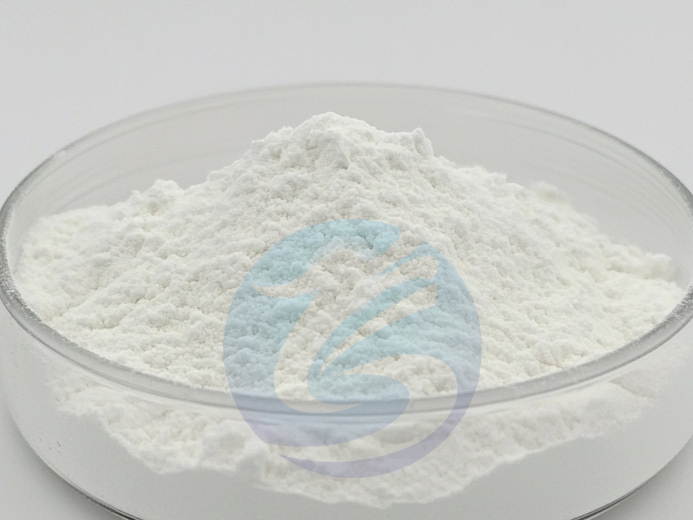
Production technology innovation: The leap from laboratory to industrialization
Traditional zeolite molecular sieves often encounter technical bottlenecks such as long crystallization cycles, high costs of template agents, and unstable product purity during the production process. BETA zeolite has successfully broken through these limitations through an innovative synthetic path and process optimization.
Key production technology breakthroughs
1. Seed guided template-free synthesis technology
Innovatively adopting pre-crystallized BETA seeds to replace traditional organic template agents not only significantly reduces production costs but also avoids the energy consumption and environmental pollution caused by high-temperature calcination to remove template agents. This technology reduces the synthesis cost by approximately 40% compared to traditional methods, while also increasing the product yield.
2. Gradient crystallization control process
By precisely controlling the changes in temperature, pressure and pH during the crystallization process, the size and acidity of BETA zeolite crystals have been precisely regulated. This process can produce a series of products with concentrated pore size distribution and adjustable silicon-aluminum ratio within the range of 10 to 200, meeting the specific requirements of different application scenarios.
3. Post-treatment modification technology
A series of post-treatment processes, including steam treatment, acid washing optimization and metal modification, have been developed, significantly enhancing the hydrothermal stability and catalytic activity of BETA zeolite. The modified BETA zeolite can still maintain over 80% of its crystal structure integrity in a high-temperature steam environment at 800℃.
Diversified application expansion: From energy and chemical industry to environmental protection
BETA zeolite molecular sieves, with their twelve-ring three-dimensional cross-pore structure and adjustable surface properties, demonstrate unique advantages in multiple fields:
Fine chemical catalysis
In the field of pharmaceutical intermediate synthesis, BETA zeolite, as a solid acid catalyst, has successfully achieved the efficient conduct of key reactions such as Friedel-Crafts acylation and Beckman rearrangement. After a certain pharmaceutical enterprise adopted BETA zeolite to replace the traditional aluminium trichloride catalyst, the product selectivity increased from 85% to 96%, and at the same time, the environmental protection problem of aluminum-containing wastewater discharge was solved.
2. Biomass conversion and utilization
In the process of converting biomass platform compounds, BETA zeolite demonstrates outstanding catalytic performance. Its moderate acid strength and regular pore structure effectively promote the directional transformation of sugar compounds into high-value chemicals, providing a new approach for the high-value utilization of biomass resources.
3. Control of volatile organic compounds
BETA zeolite adsorbents exhibit excellent adsorption capacity and desorption performance for volatile organic pollutants generated in the petrochemical industry. Its hydrophobic property ensures that it can maintain a good adsorption effect even in a high-humidity environment, solving the technical pain point that traditional adsorption materials are easily affected by moisture.
4. Resource utilization of carbon dioxide
Under the background of carbon neutrality, BETA zeolite, as a catalyst carrier, has demonstrated outstanding performance in the copolymerization reaction of carbon dioxide and epoxides, achieving efficient conversion of greenhouse gases into high-performance materials such as polycarbonate.
Industrial prospects and future outlook
With increasingly strict environmental protection regulations and the growing urgent demand for industrial upgrading, BETA zeolite molecular sieves are now enjoying a vast market space. Industry experts predict that the global demand for high-performance zeolite materials will grow at an average annual rate of 12% over the next five years. The successful development and industrialization of BETA zeolite marks an important breakthrough for China in the field of molecular sieve materials, said a materials science expert. "Its unique three-dimensional pore structure and controllable acidic characteristics provide new solutions to technical problems in multiple industries."
At present, many research institutions and enterprises are committed to developing the next-generation products of BETA zeolite. By precisely regulating the pore structure and surface properties, they aim to further expand its application boundaries. Meanwhile, the continuous optimization of the green synthesis process will also lay a solid foundation for the large-scale application of BETA zeolite.
The innovative development of BETA zeolite molecular sieves not only represents the progress of materials science, but also reflects the continuous pursuit of green and efficient production methods by the industrial sector. With the deepening of applied research and the improvement of production processes, this multifunctional material is bound to play a key role in more fields and inject new vitality into the sustainable development of the chemical industry.
